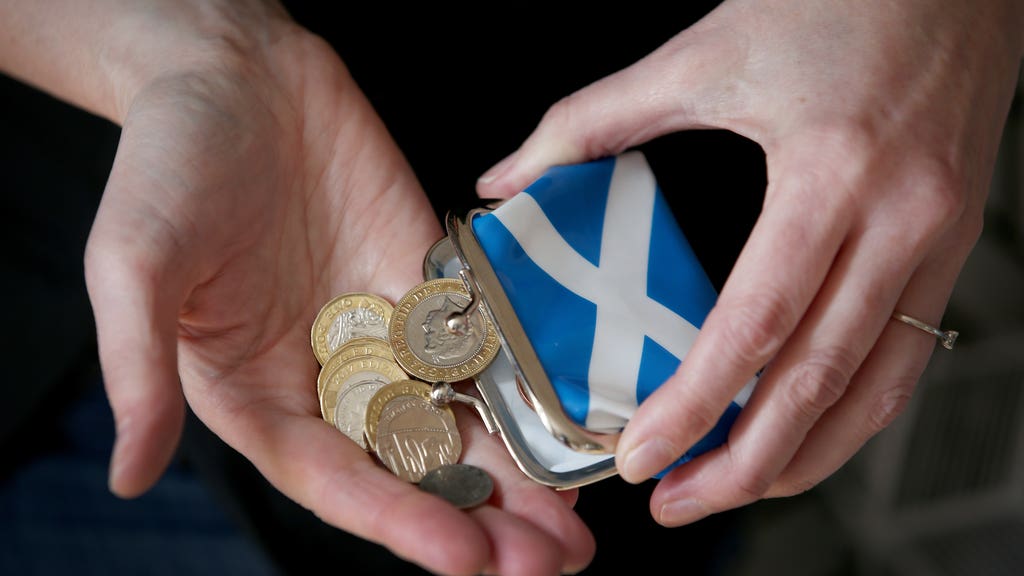The Scottish Government’s flagship payment scheme to help poorer children is a “sticking plaster” which fails to tackle the root causes of inequality, MSPs have been told.
Nicola Sturgeon has insisted that the Scottish Child Payment, which gives £10 a week to parents on low incomes for each child, is a game changer in the fight against poverty.
But with the First Minister coming under pressure to double the amount given to £20 a week – something she has committed to doing, but not yet given a timescale for – local government leaders at Cosla insisted that “simply giving people money is not going to fully assist them”.
Parents with children under the age of six can receive the payments, if they are in receipt of qualifying benefits, though ministers plan to expand the scheme to all children under the age of 16.
Giving evidence to a Holyrood committee, Cosla resources spokeswoman Gail Macgregor said the payments had “helped to top up low income families and people who are very vulnerable”.
But she added while the cash could be “beneficial in the short term” for hard-up families, it was “not necessarily getting them the key support they require”.
Macgregor insisted: “Simply giving people money is not going to fully assist them. It might help to get them over that particular week, or that particular month, but we need to get to the root cause of the inequality and ensure that that particular family absolutely has the support in place to ensure a better outcome going forward.”
She continued: “Money is a sticking plaster. It’s a very helpful sticking plaster, but it doesn’t get to the root cause of the inequality.
“We’re looking at health and wellbeing and supporting families. This links with quality of housing, education, employment, ensuring that families are assisted with services that will help to enrich their lives.
“I think the key message is whilst it is beneficial in the short term to perhaps give a family some additional income, it is not necessarily getting them the key support they require.”
SNP MSP John Mason said: “If a family is short of food or can’t afford to heat their house, the cash is pretty helpful, isn’t it?”
Macgregor told him: “It is useful in the short term, but what is possibly more useful is ensuring that people in that family are empowered and assisted into better employment, encouraging them to utilise other services in their communities that can assist them.”
She added: “The key message from me is we need to be giving support to families and to parents and to households to ensure they can absolutely make the very best of their lives and have the very best chances in life, rather than just always giving a sticking plaster for a month or a year.”
Follow STV News on WhatsApp
Scan the QR code on your mobile device for all the latest news from around the country


 PA Media
PA Media

























